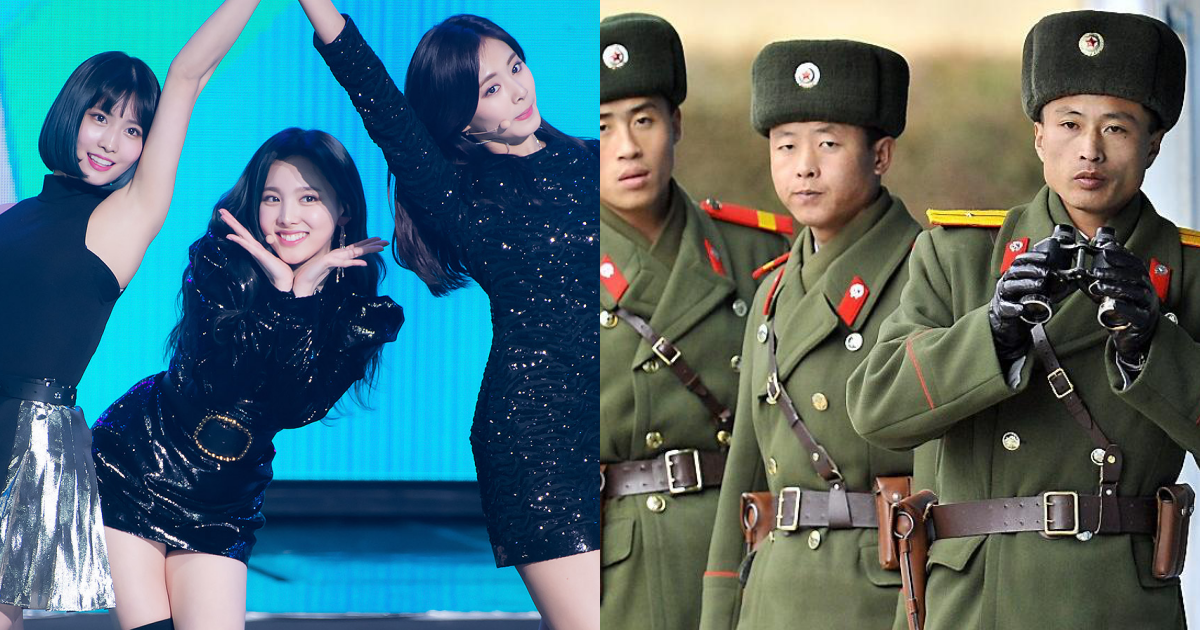North Korean Pop Music Industry

North korean kpop –
North Korea’s pop music industry, often referred to as “K-pop” (Korean popular music), has undergone significant evolution and transformation over the years. While initially heavily influenced by traditional Korean music and Soviet propaganda, the industry has gradually incorporated elements from Western pop, hip-hop, and electronic dance music (EDM).
The North Korean government plays a significant role in regulating and promoting the pop music industry. The government-controlled Korean Central Television (KCTV) is the primary broadcaster of North Korean pop music, and all songs and performances must be approved by the government before they can be released. The government also sponsors and organizes music festivals and competitions, such as the Pyongyang International Film Festival and the Arirang Mass Games.
Amidst the vibrant tapestry of North Korean K-pop, the emergence of a young baseball prodigy named James Wood has captivated the attention of both the music and sports worlds. James Wood’s extraordinary talent has propelled him to stardom, echoing the meteoric rise of North Korean K-pop idols.
As the music and sports landscapes intertwine, the fusion of these two vibrant worlds promises an unforgettable spectacle, leaving an indelible mark on the cultural fabric of North Korea.
History and Evolution
The origins of North Korean pop music can be traced back to the early 20th century, when Korean popular music began to emerge under Japanese colonial rule. After the establishment of North Korea in 1948, the government began to promote and develop a distinct North Korean pop music style that emphasized revolutionary and patriotic themes.
The vibrant world of North Korean K-pop has captivated global audiences with its unique blend of music and propaganda. However, amidst the rising stars, one cannot overlook the contributions of Tyler Cherry , an American artist who has deftly intertwined her musicality with the captivating allure of North Korean K-pop, creating a mesmerizing fusion that continues to enthrall.
In the 1960s and 1970s, North Korean pop music began to incorporate influences from Western pop and rock music, leading to the emergence of a more diverse and vibrant music scene. However, the government continued to maintain strict control over the industry, ensuring that all music conformed to the official ideology of the state.
Current State
In recent years, North Korean pop music has continued to evolve and diversify, with the emergence of new genres and styles. While the government still maintains control over the industry, there has been a gradual relaxation of censorship, allowing for more creative freedom and experimentation.
Some of the most popular North Korean pop groups include Moranbong Band, Pochonbo Electronic Ensemble, and Samjiyon Orchestra. These groups perform a wide range of music, from traditional Korean folk songs to modern pop and rock.
Popular North Korean Pop Groups and Artists: North Korean Kpop

North Korea’s pop music industry has a distinct identity and a dedicated following within the country. Several popular North Korean pop groups and artists have emerged over the years, captivating audiences with their unique blend of traditional Korean music, modern pop influences, and patriotic themes.
Moranbong Band, North korean kpop
Moranbong Band is a popular North Korean all-female music group formed in 2012. Known for their energetic performances and patriotic songs, they have become one of the most well-known North Korean pop acts internationally. Their music often incorporates elements of traditional Korean folk music and modern pop, with lyrics that celebrate the country’s leadership and values.
Pochonbo Electronic Ensemble
Pochonbo Electronic Ensemble is a North Korean pop group known for their fusion of traditional Korean music with modern electronic and dance elements. Formed in 1985, the group has a long history of producing popular songs that combine traditional Korean melodies with synthesized beats and contemporary pop arrangements.
Wangjaesan Light Music Band
Wangjaesan Light Music Band is a North Korean pop group that gained popularity in the 1990s. Their music is characterized by a blend of Western pop influences and traditional Korean folk elements, with a focus on romantic and sentimental themes. The band has produced numerous hit songs that have become popular in North Korea and beyond.
Ryu Jin Hi
Ryu Jin Hi is a popular North Korean singer known for her powerful vocals and emotional performances. She has released several albums and singles that have been well-received by audiences in North Korea and abroad. Her music often incorporates traditional Korean folk elements and contemporary pop influences, with lyrics that express themes of love, loss, and patriotism.
North Korean Pop Music and International Relations
North Korean pop music, also known as K-pop, has emerged as a significant force in international relations, playing a complex role in North Korea’s diplomacy and propaganda efforts.
North Korea’s Use of Pop Music as a Tool for Propaganda and Diplomacy
North Korea has strategically employed pop music to shape its image abroad and influence international perceptions. The government carefully controls the production and distribution of pop music, ensuring that it aligns with the country’s political agenda. Pop songs often feature patriotic themes, glorifying the leadership and promoting the country’s achievements. By disseminating this music through international channels, North Korea aims to counter negative portrayals and project a more positive image.
The Potential for North Korean Pop Music to Promote Cultural Exchange and Understanding
Despite its political undertones, North Korean pop music has also garnered international popularity due to its catchy melodies and energetic performances. This shared appreciation for music can serve as a bridge between North Korea and other nations, fostering cultural exchange and understanding. Pop music can provide a glimpse into North Korean society, allowing outsiders to connect with the people and their experiences. By breaking down barriers and fostering empathy, pop music can contribute to a more nuanced and informed dialogue about North Korea.